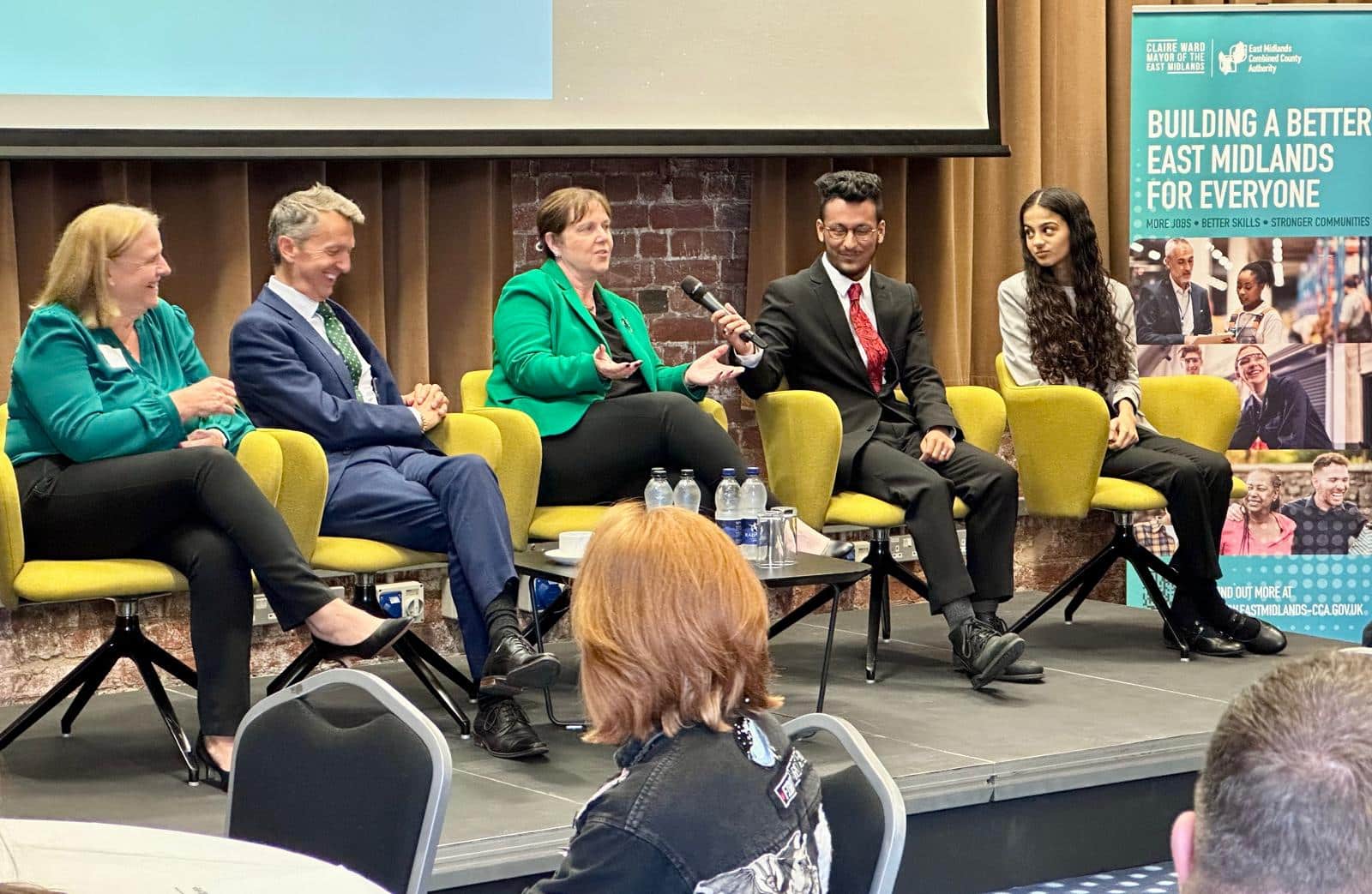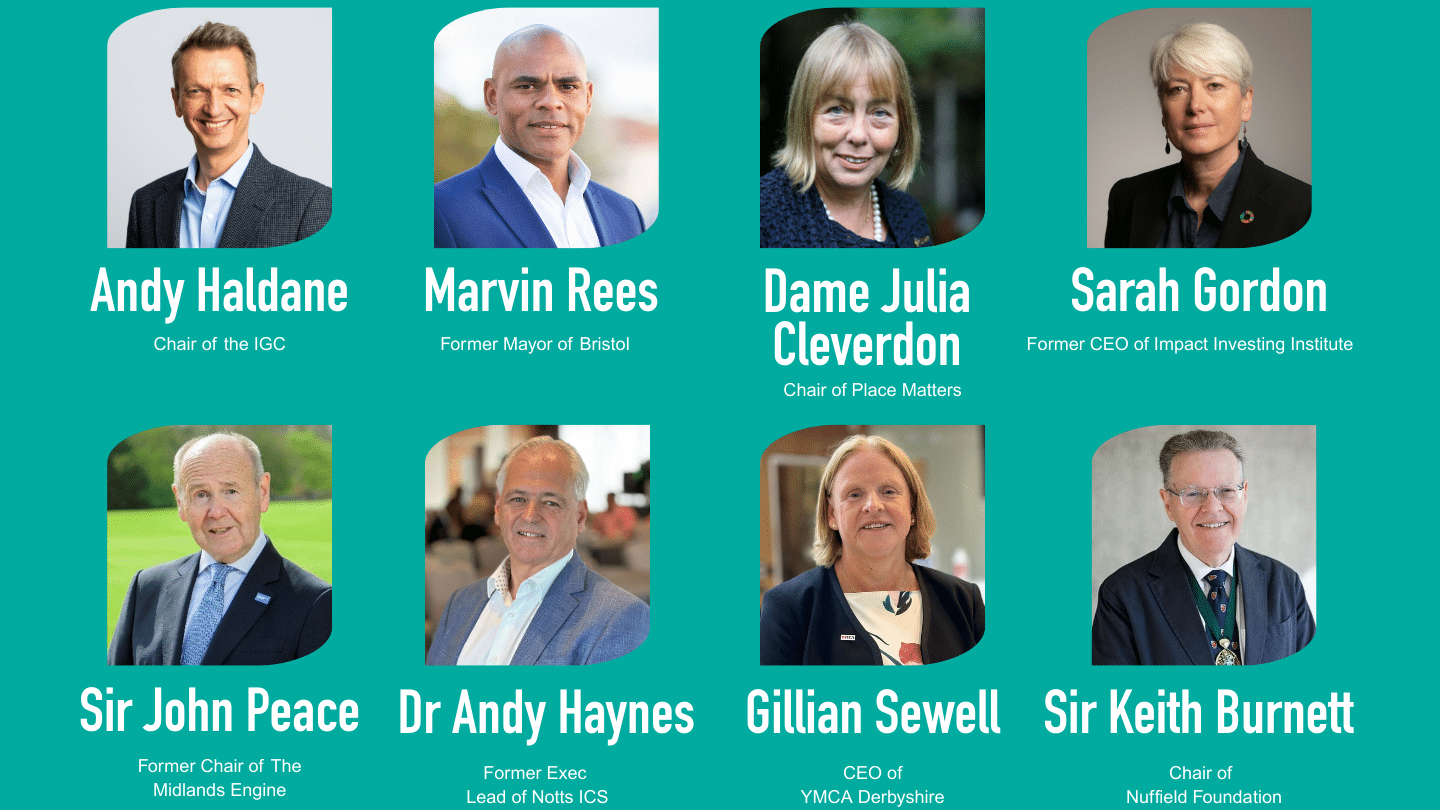Interim Report - March 2025
The Commission unveiled its initial report in March 2025. It set out the current picture of the East Midlands’ strengths, challenges and opportunities and called for a step change in investment in the region
The Inclusive Growth Commission (IGC) will see regional and national experts working together to set out the current picture of the East Midland’s strengths, weaknesses, and opportunities.
Mayor Claire Ward and council leaders across the region appointed the Royal Society for Arts, Manufactures and Commerce (RSA) to run the high-profile commission.
The Inclusive Growth Commission has completed a 12-month regional engagement to shape a long-term framework for inclusive growth in the East Midlands.
The report is rooted in evidence from local businesses, communities, and institutions, ensuring it reflects the region’s geography, workforce, and economic conditions.
The aim: to ensure growth works for everyone – not just those in high-growth sectors – by creating pathways into good jobs, supporting communities, and attracting investment.
The report shows there’s a big chance for the East Midlands to grow:
At the heart of the strategy is the Opportunity Escalator, a practical toolkit designed to make opportunity visible, accessible, and achievable.
This concept underpins industrial strategy, skills planning, and place-based investment across the region.

By 2035, the East Midlands will be:

The Commission highlights five flagship priorities to turn the theory into practice. You can find out more about these below.

The Commission unveiled its initial report in March 2025. It set out the current picture of the East Midlands’ strengths, challenges and opportunities and called for a step change in investment in the region
The report is rooted in evidence from local businesses, communities, and institutions, ensuring it reflects the region’s geography, workforce, and economic conditions.
The Commission is chaired by Andy Haldane, the former Chief Economist for the Bank of England and Chief Executive of the RSA.
A board of Commissioners has been appointed with a wealth of expertise, experience and understanding of the challenges we’re facing.
